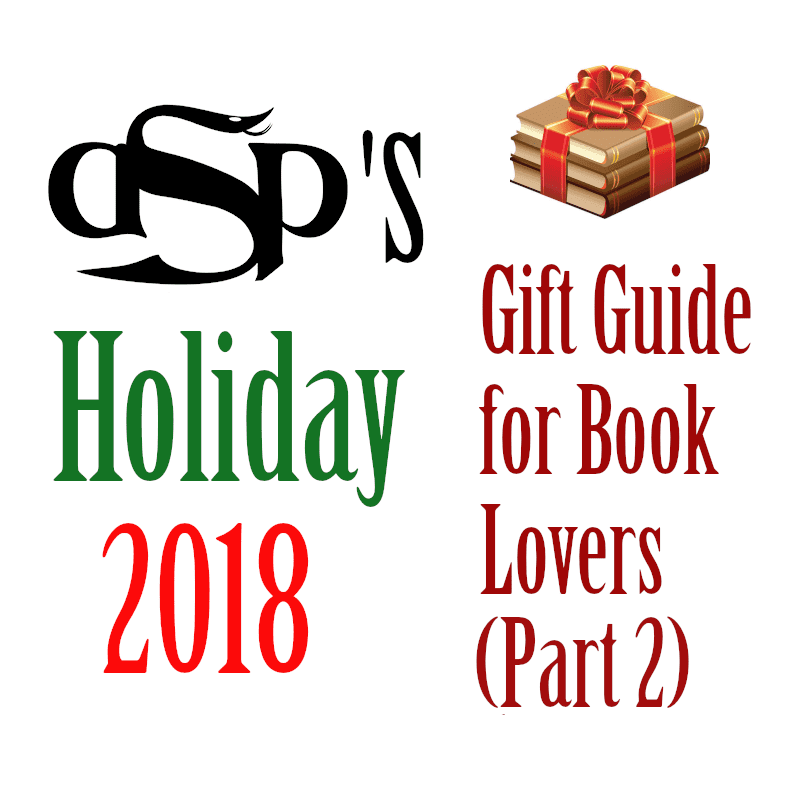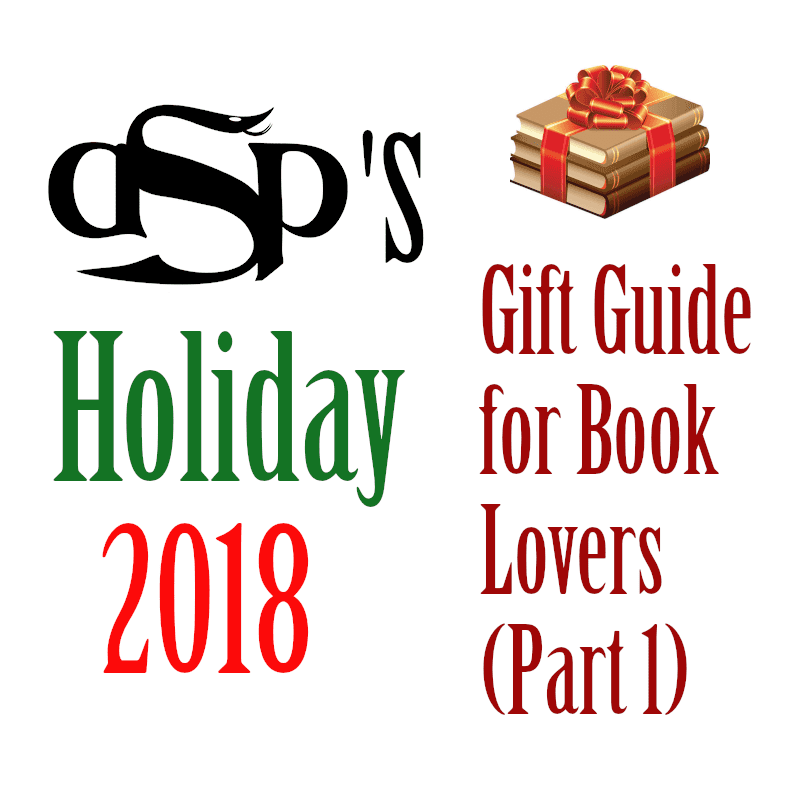"Other Ones" Author Dave Housley interviewed by Christopher Gonzalez for Rumpus
Christopher Gonzalez, author of I'm Not Hungry but I Could Eat, interviews ASP's Dave Housley about Housley's upcoming dark comedy novel The Other Ones

Of his interview with Dave Housley for the Rumpus, author Chris Gonzalez writes "It was my honor to chat with Dave...about balancing a full-time job with fiction writing, the office environment, how to push forward during the rougher stages of drafting, and keeping things weird."
The interview is disarmingly candid, as Housley is wont to be, and focuses largely on making art in a life that is not necessarily art-centered. Along with craft, revision, and, his discovery of "weird" underground fiction, Housley and Gonzalez discuss some of the intricacies of Housley's new darkly comedic novel The Other Ones. Read the interview HERE. An excerpts follows below:
Rumpus: For a novel with an ensemble of seven voices, the pacing moves at a clip. I’m curious if there are any POVs you cut in the end. Whose thread was the most difficult to write? Did any individual character’s storyline take you into a direction you hadn’t anticipated, even when approaching it from the eye of Second- or Third-Draft Dave?
Housley: I didn’t cut any, but I did add in the character of Gibbons after I had a full draft. File this under “How Not to Get An Agent”: An agent who read the full manuscript gave me some feedback that there was too much office stuff here, which I didn’t really agree with, this being a book that’s largely set in an office. So I zagged and added in Gibbons, who only exists at his desk and mostly thinks about what he might eat for lunch, and whose primary arc is around a milk frother (hat tip to you, Chris) and the appearance and then disappearance of oat milk in the communal refrigerator.
I think Lawson was the most difficult to write in the end, and I thought that one was going to be the easiest. They all shoot off in different directions. His was the one that I thought was most familiar to me—he’s a person who is legitimately interested and engaged in his job but this lottery thing jumpstarts a bit of a mid-life crisis, and it has to do with artistic interests he’s left behind as he got older and moved up the ladder. So this is me thinking, what if I never started writing and then this thing happened at work? He winds up taking some writing classes and getting involved in what’s basically a version of the writing community we’re a part of. It wound up being a little harder, I think, because he’s like me in some pretty basic ways, and that was much less interesting to write than, say, the angry asshole ghost who haunts the houses of the lottery winners.
I think the biggest surprise was Chastain’s thread. She winds up leaning in to work, finding a new job working for the leader of the office, Sarah, and finding real meaning there. I knew I wanted somebody to lean in and actually start taking work more seriously, but in editing the book I was really surprised at that part of it, that Chastain really becomes the heart of the novel and the moral center in a way that I hadn’t appreciated when I was first writing it. Some of that may have to do with the fact that I was editing the office book from my home and perhaps seeing a little more clearly some of the good things that came out of being in the office environment.
ASP Author’s Gift Guide for Book Lovers (PART 2)
Gift guide part 2 features Mysteries, Travel Writing, and Books about Northern California.
ASP Authors’ Gift Guide for Book Lovers
Well, it’s that time of year again, when holiday gift lists are popping up all over. Here at ASP HQ, we’re particularly interested, of course, in gifts for book-lovers, and we’ve noticed a curious fact: No matter how diverse the sources of these lists, a few titles pop up again and again. Usually these are recently published, widely reviewed best-sellers. While there’s nothing necessarily wrong with that, gift-givers might find themselves putting one more copy of the current hot mystery, or history, or memoir under a book-loving friend’s tree.
Featured Poetry: “Burial at Shanidar” by Elizabeth Hazen
This is no modern tradition, says Elizabeth Hazen. It is not only now that humans ornament their dead with flowers. “See,” she says in her rumination on tradition and humanity, Burial at Shanidar, “Even from a distance we dream of gardens where there should be stone.” And on Christmas especially, it is so wonderful to curl up with a book of poetry, even to read out-loud to one’s family, and bask in the ways we make words, just like the long winter days of dark, meaningful with light and tradition.

